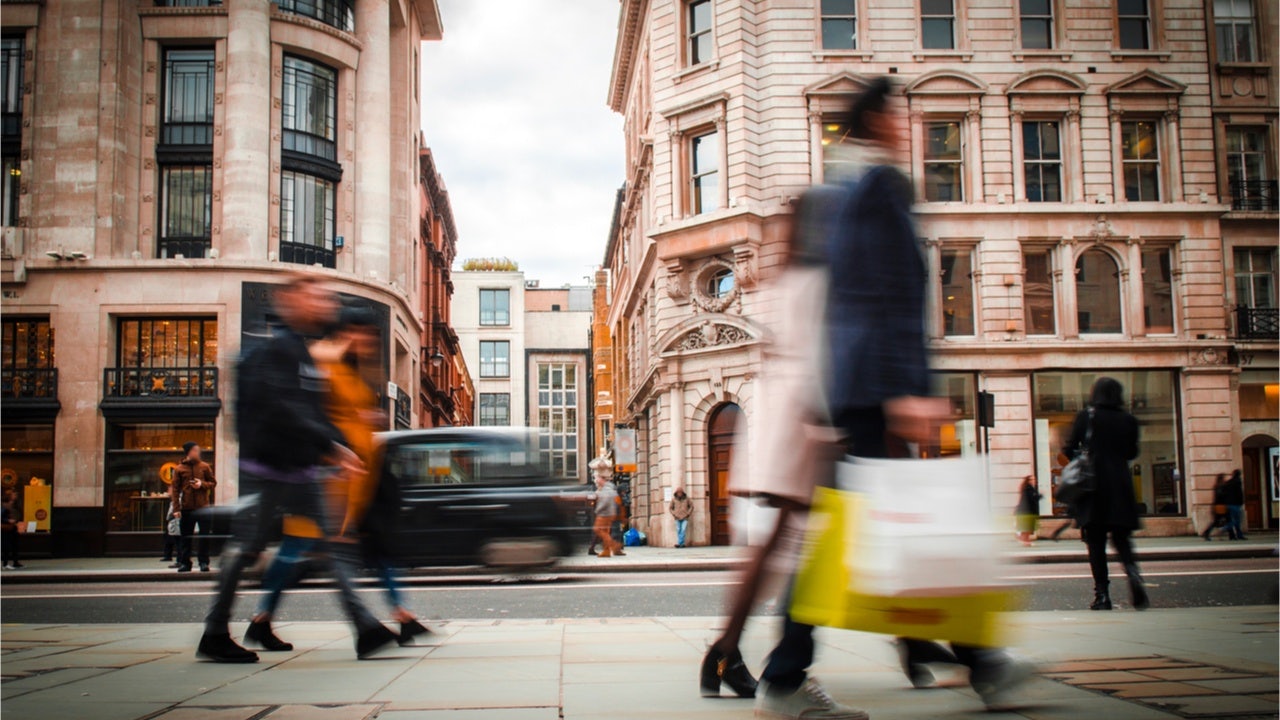Customer advocacy is crucial for the success of any industry, but it is even more critical for the luxury sector where consumers expect exceptional services. As Chinese luxury buyers are becoming more demanding, multinational brands are growing concerned that their products could lose appeal faced with competition from emerging niche brands. Consequently, some luxury players try to differentiate themselves from adversaries through brand positioning strategies that connect the end-consumer to the brand. That’s easier said than done. In fact, in the age of Big Data, it is surprising to see that brands expect to deliver personalized content while under-using or ignoring their data. For example, HubSpot research shows that 42 percent of businesses don’t survey their customers or collect feedback. Moreover, how can luxury brands protect and enhance their reputation in the age of connectedness when every unpleasant experience is broadcasted on a global scale?
Many businesses don’t know how to approach this problem, often over-looking important aspects that chip away at the brand’s reputation. Yet managing a brand’s reputation risk starts at the top and ends with lower-level employees. But this process is often difficult to implement because building a culture of accountability requires active participation, time, and consistency. Naturally, not everyone is playing by the same rules. Therefore, some employees will take ownership, while others will underperform. Again, it is the responsibility of the management to target the right people and reward their achievements. To do this, many luxury brands are turning to mystery shoppers.
What is a mystery shopper?#
According to Luxury Retail Store Evaluator and Learning & Development Specialist Saira Sethi, a mystery shopper is a person hired to “observe details including the visual merchandising, music, display, and overall cleanliness that account for store experience.” Moreover, the secret shopper is focused on the interaction with the brand ambassador, and his/hers product and business knowledge. In addition, the mystery shopper tests customer engagement strategies, the natural traits and attitude of the sales associate, and the general state of stores (well-organized, good lightning, tidy spaces, etc.). The information collected during a mystery shopping trip is later used to determine underperformance and assist staff that requires further training. But it also helps with identifying employees that over deliver who’ll later win rewards and recognition.
Mystery Shopping Providers Association (MSPA) estimates that “there are approximately 50,000 mystery shopping trips carried out every month in the UK.” On the other hand, The Guardian believes that to counteract the success of e-commerce, physical stores will need to improve their overall services. Consequently, the demand for mystery shoppers will grow. "Retailers are becoming increasingly aware that shoppers who are prepared to set foot in a physical store want a service and an experience they can't get online,” says Simon Boydell, spokesman for Market Force. And according to Boydell, retailers want to know that their staff remains consistent in service delivery, exceeding customer expectations.
Why should luxury brands use mystery shoppers?#
Data-driven decision-making#
As stated by McKinsey, “on average, a luxury shopper will be influenced by nine points of contact with the brand before he or she finally purchases.” McKinsey includes the city store and person-to-person word of mouth in this reasoning. As consumers become more demanding, luxury retailers need to execute each of these touch points perfectly. Naturally, the data collected during mystery shopping trips will support upcoming strategies, ensuring that brands meet customer expectations. Additionally, brands will uncover their greatest strengths and the common errors that prevent them from combating retail shrinkage.
Audience analysis#
Secret shoppers follow a test scenario that is selected for them based on real-life experiences. Thus, management can see how real buyers would interact with the company’s products and understand the flaws and strengths of the goods. Most market research companies have on their payroll secret shoppers for every demographic and through interaction with them, brands gain a better understanding of that target audience.
Training solutions#
Through qualitative marketing research, stores and luxury brands can obtain detailed briefing on their employee performance. Based on these reports, businesses can proceed and create training tools that will further motivate and engage employees. Since employee motivation is important to brands, and according to SnackNation, 36 percent of employees are willing to give up $5,000 a year in salary to be happier at work, building a positive and respectful work culture and improving employee morale become priorities.
Furthermore, mystery shopping provides data-driven action. Hospitality Technology points out that “personalization of products and services has become an overused expression when it comes to customer experience in our digital age.” Indeed, marketers emphasize the need for customization and individualism, but too often they don’t know how to personalize the product, so it appeals to the right customer. Making estimations based on the purchase history is not always a safe bet. In fact, nothing comes as close as the clear feedback offered directly by the consumer.
